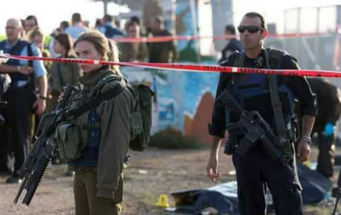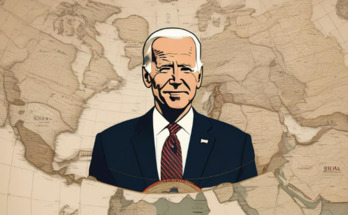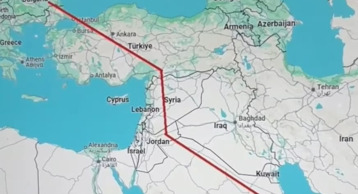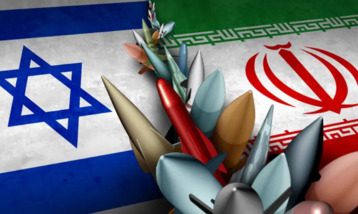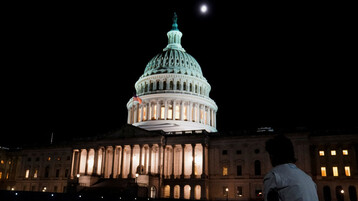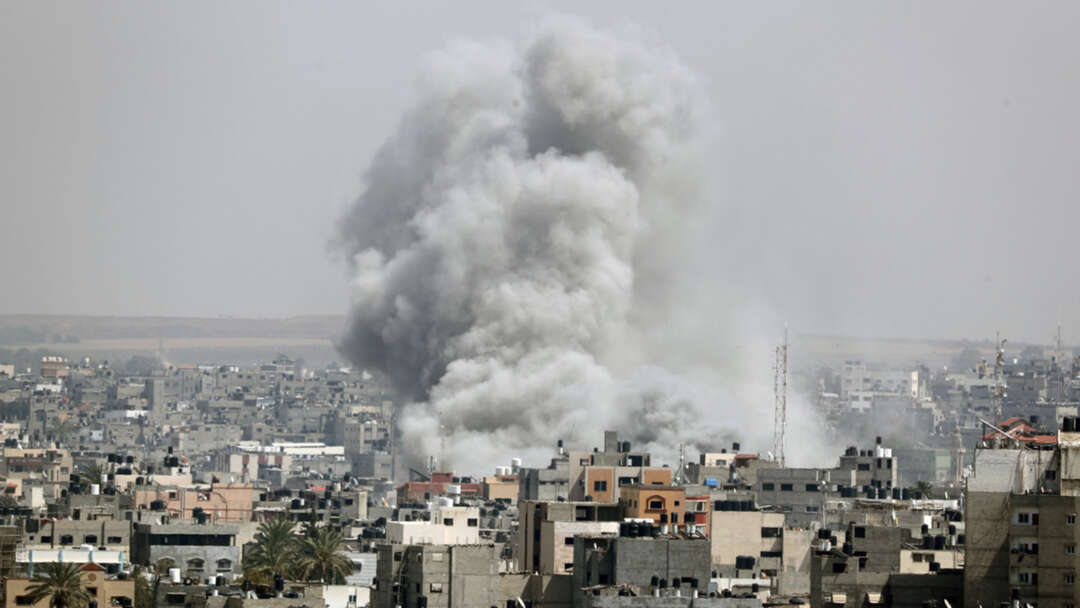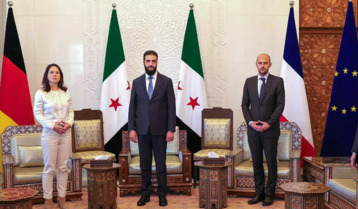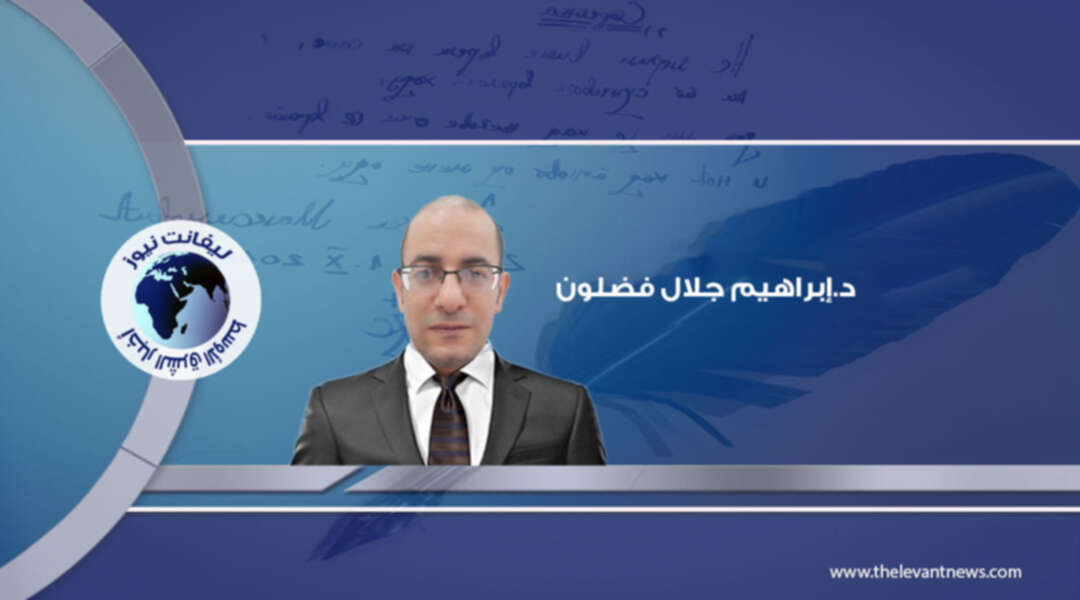-
Lebanon political deadlock puts country at risk of Syria-like scenario
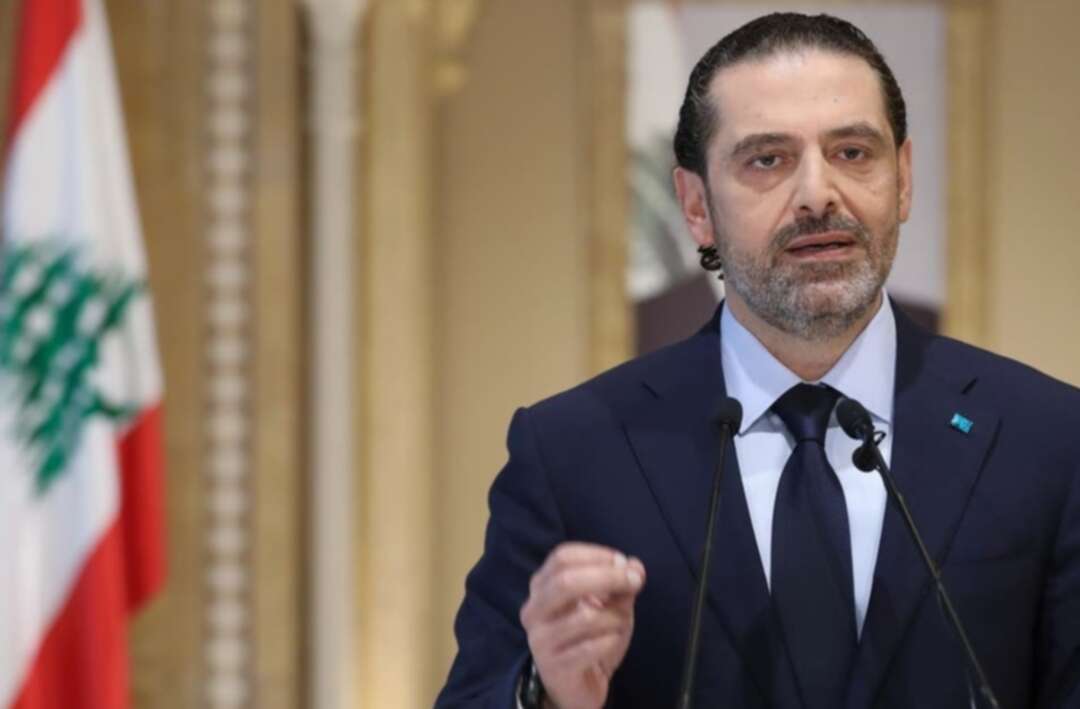
Lebanon remains in political deadlock as Prime Minister-designate Saad Hariri refusing to give up on nominating a new government, while the country marches closer to a Syria-like scenario.
Nearly six months after his nomination to lead a new government, Hariri continues to struggle with demands from the Free Patriotic Movement (FPM) for veto power and Hezbollah’s call to enlarge the cabinet.
Hariri was tasked last October to form a technocratic government, championing a French initiative to resolve the country’s economic crisis. The new technocratic cabinet is supposed to carry out an economic reform plan set out by an initiative spearheaded by French President Emmanuel Macron.
However, Hariri has thus far failed to form a government, and has refused to resign, continuing the deadlock. Even if he is successful and forms a cabinet, however, he might fail to form a technocratic one that is also far from being independent from Hezbollah.
Former MP Ahmad Fatfat explained that he remains worried that the hegemony of Hezbollah’s external sponsors, namely Iran, will allow the party to continue to dominate the country, while slowly eradicating its opponents, turning Lebanon into the likes of Syria.
“Lebanon would be dominated by one single party
Experts and close associates of Hariri told Arabiya English that the PM-designate is banking on the support of French president Emmanuel Macron and intends to return Lebanon to the Arab fold.
“PM Hariri is persevering in the cabinet formation because his candidacy is supported by the French initiative, which is the only way forward for the country’s salvation. He does not intend to resign from that responsibility,” Moustapha Allouch a former MP and a member of the Future movement political bureau said. The Future movement is led by Hariri.
Difficulties facing the formation of the new government over ministerial quotas are related to the FPM’s demands for veto power, which would allow the party to block government decision by securing one third of ministerial seats. Hezbollah has proposed the formation of government of 22 or 24 ministers in which no single party would have a one-third-plus-one share.
Allouch added that Hariri believes he can form a government of technocrats that do not include associates of Hezbollah. Yet, the current government of PM Hassan Diab, which includes technocratic figures, has clearly so far served the interests of the pro-Hezbollah Iran and Syria axis.
Last year, police openly resorted to violence, wounding and arresting dozens of protesters. This February, authorities escalated crackdown in response to crimes committed by protesters, with the military court bringing terrorism charges against 35 people in relation to the violent protests held in Tripoli in January.
Additionally, threats and violence against activists and journalists have been on the rise, the latest being the killing of anti-Hezbollah activist Lokman Slim in southern Lebanon, a Hezbollah bastion. A massive explosion in Beirut, which shook Lebanon to its core in August last year, was recently linked to 2,750 tons of Ammonium nitrate imported by close associates of Syrian President Bashar al-Assad. A Lebanese court on Thursday dismissed a judge who had been working on the investigation and had charged top politicians over last year’s Beirut port explosion,
“The PM sees that Lebanon should return to the Arab fold. His trip to the Gulf was one way to send that message out. PM Hariri sees his role as a way to counterbalance that of president Aoun and his son-in-law Gebran Bassil that have allowed for the Iranian destruction of Lebanon,” says former MP Ahmad Fatfat. Both Aoun and Bassil are aligned with Hezbollah.
The group’s mouthpiece Al Akhbar has nonetheless accused Hariri of delaying government formation because it was waiting for Saudi Arabia’s blessing. Hariri’s close associates argue that Gulf support is not necessary from a geopolitical and economic standpoint. Lebanon has historically been largely reliant on Arab countries investment and funding.
Rached Sayed a political analyst close to the Future movement, said Hariri is maintaining his current positioning, because Lebanon has reached a turning point.
“Lebanon is at the worst phase in its history and what is done now will define the face of Lebanon in the future,” he concluded.
source: Mona Alami
Image source: Reuters
Levant
You May Also Like
Popular Posts
Caricature
opinion
Report
ads
Newsletter
Subscribe to our mailing list to get the new updates!

